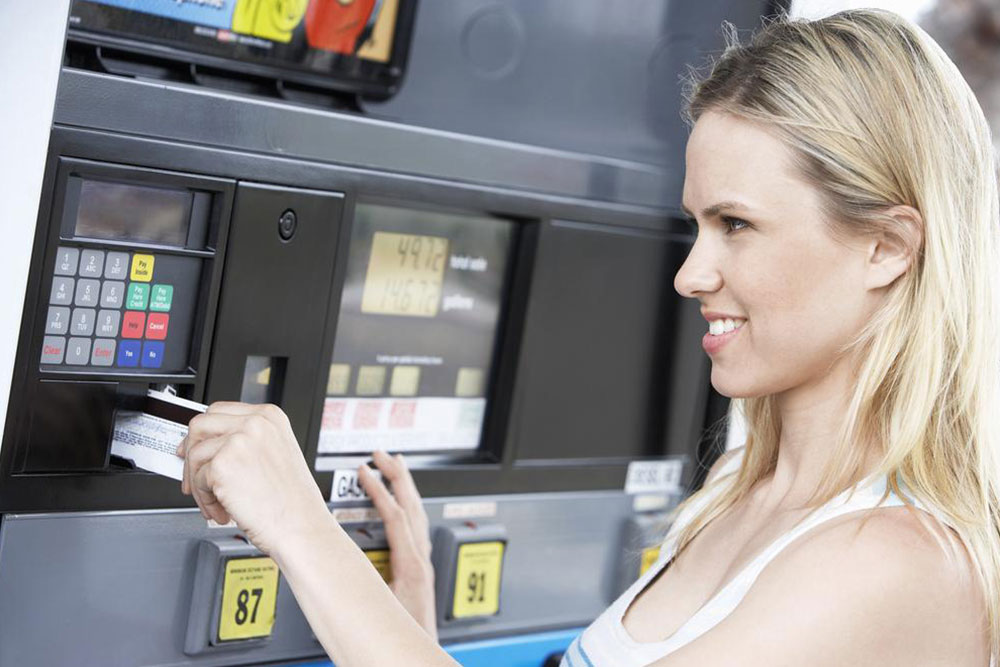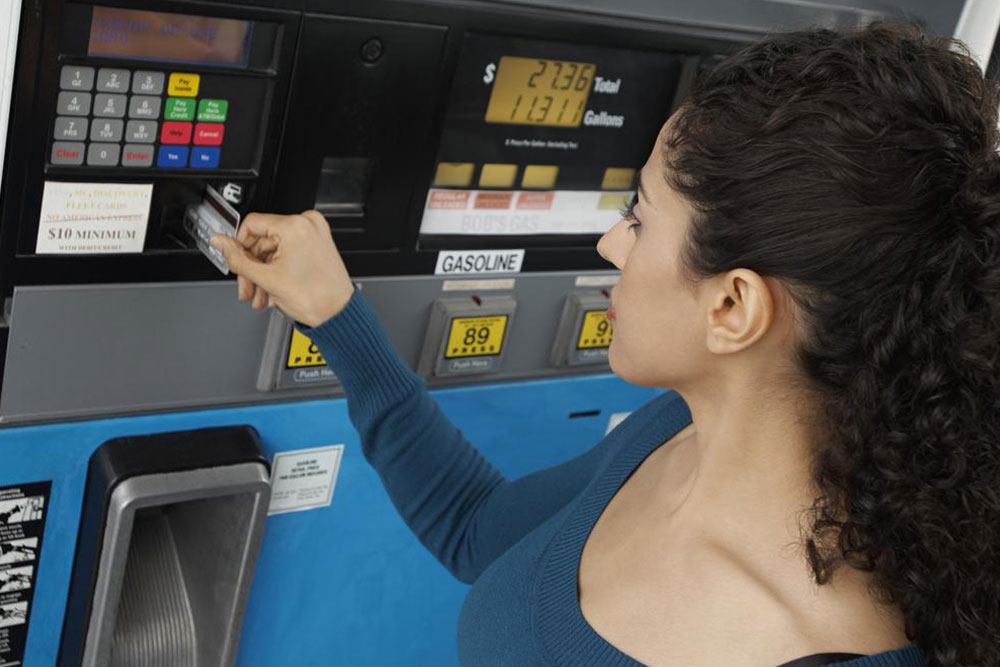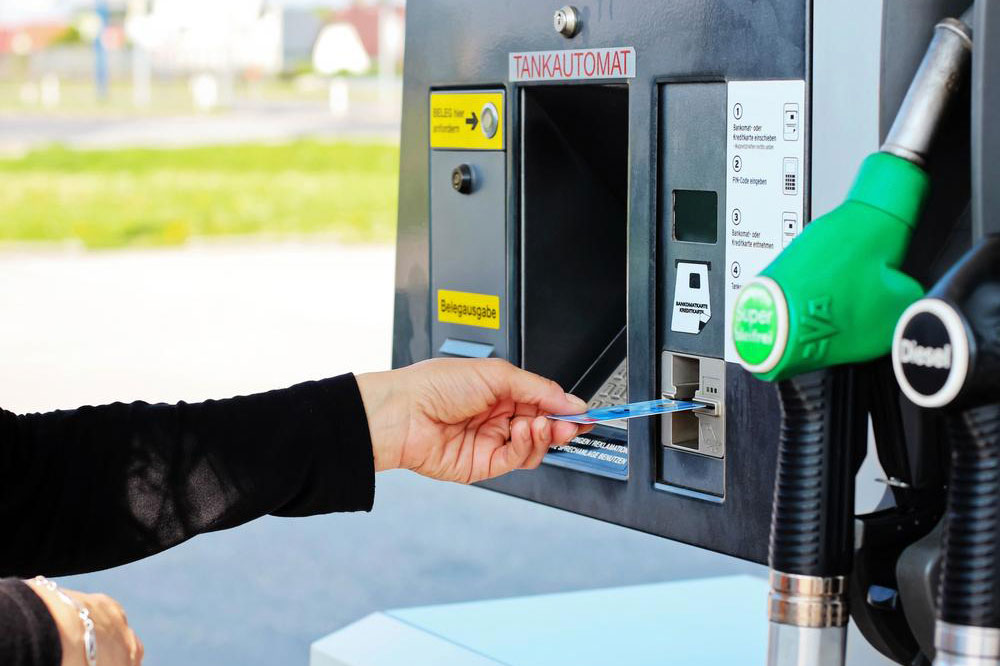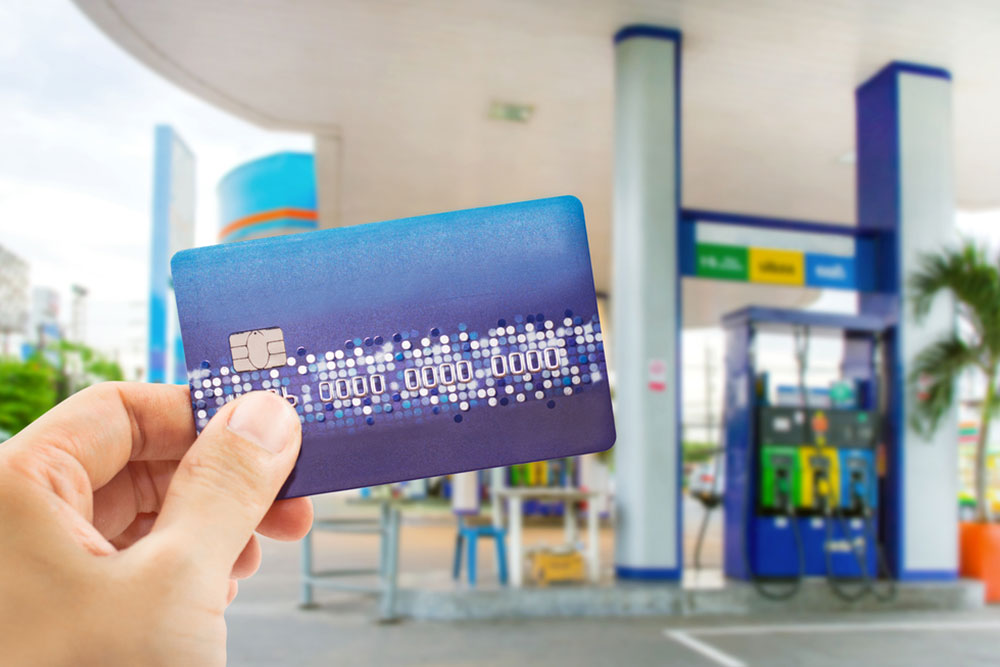Types and Advantages of Fuel Payment Cards
Discover the different types of fuel cards available for personal and commercial use, including universal, branded, credit, and network-specific options. Learn how these payment solutions simplify expense management, offer rewards, ensure security, and generate savings through discounts and coupons. Perfect for fleet managers and individual drivers alike, fuel cards enhance convenience and control in fuel purchases, making them a valuable asset in fuel expense management.
Sponsored
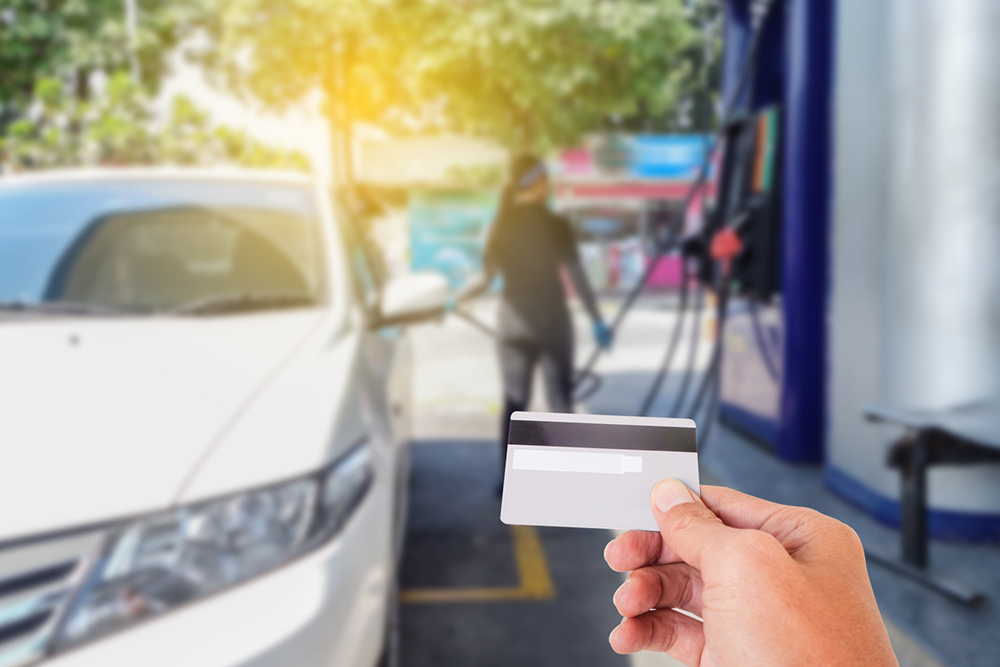
Understanding Fuel Payment Cards: Variations and Benefits
Fuel or gas cards are practical tools for both personal and corporate fueling needs. These cards can serve individual drivers or manage an entire company's vehicle fleet. They’ve become popular for streamlining fuel expense management. Some providers also offer fuel vouchers, helping users take advantage of discounts and save money.
What are fuel cards?
Fuel cards, often called fleet cards, are specialized payment options used to buy gasoline, diesel, and related fuels at select stations.
Beyond fueling, these cards may also cover vehicle maintenance and other associated costs. They function similarly to credit or debit cards and are issued by leading fuel brands, banks, or third-party providers specializing in fuel payment solutions.
Categories of fuel cards
Universal fuel cards
Popular among fleet operators, these cards grant access to a wide network of gas stations nationwide. Partnering with multiple fuel suppliers, they allow employees to refuel at any participating location, providing high convenience. These cards typically include usage caps like daily, weekly, or monthly limits, along with restrictions on fueling times or transaction counts. Such controls help companies monitor fuel expenses. Many providers also include fuel coupons for big fleets to maximize savings. Be mindful of possible fees, terms, and conditions—research thoroughly before choosing a provider.
Business fuel credit cards
These cards operate within major payment networks and are issued by banks or financial companies offering commercial payment options. Unlike typical credit cards, they are mainly designated for fueling and vehicle maintenance purchases. Purchase constraints are generally less restrictive than universal cards but still enforce spend controls.
Brand-specific oil and gas cards
Issued by leading oil companies, these branded cards often come with fuel rebates or coupons valid exclusively at the issuer’s stations. Usually, these discounts apply for a specified initial period—often six months—and are capped at certain gallon limits. While offering significant savings, these cards limit usage to their own locations.
Cardlock network cards
Designed for commercial fleets, these cards work within dedicated fuel networks situated near busy routes and metropolitan areas. These stations typically support various fuels and offer high-speed fueling, helping save fleet time. Many networks provide their own cards that facilitate quick access to fuel stations and truck stops, often offering discounts and coupons for fleet operators.
Benefits of using fuel payment cards
Fuel cards deliver numerous advantages for personal and business use.
Enhanced convenience
Fuel cards eliminate the need to carry cash, making refueling straightforward. Simply swipe or tap the card at the station for quick transactions, streamlining the fueling process.
Expense tracking and management
Similar to credit cards, fuel cards generate detailed statements showing all transactions. This helps monitor fuel usage, review costs, and plan budgets effectively for future expenses.
Exclusive discounts and incentives
Many providers include rewards, cashback offers, and fuel coupons in their packages, resulting in long-term savings on fuel costs.
Security measures
Fuel cards often feature controls like user limits and station restrictions to prevent fraud. Authentication steps, such as PIN entry, add an extra layer of security, protecting against unauthorized transactions.

